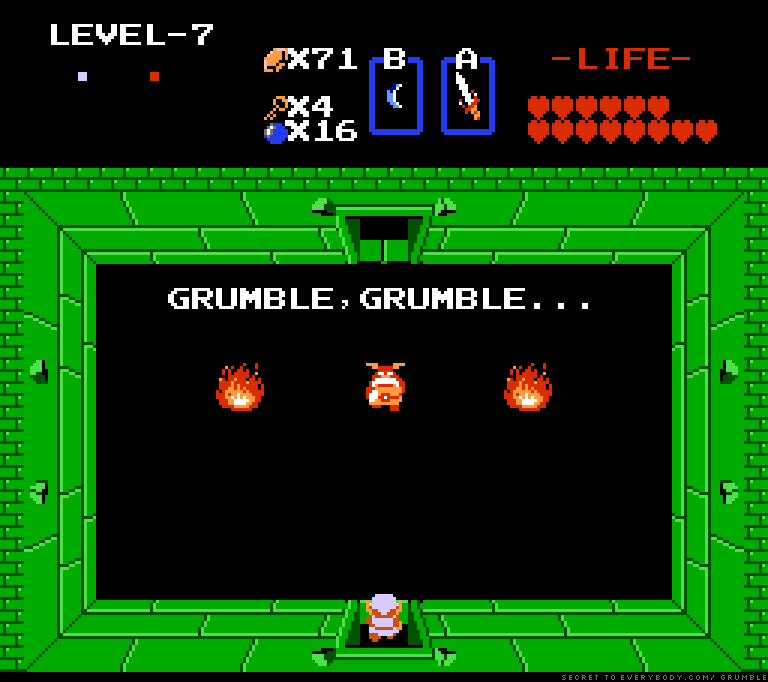Civilization, Civilization, Civilization. When I was in middle school I would wait until everyone was sleeping and then sneak into the office and play Civ II all night, going to school the next day with blurry eyes and disoriented speech patterns from a lack of sleep. I would fake sick to stay home and play. I even turned down free alcohol in high school on occasion because I wanted nothing more than to sit at my sister’s dorm room and play Civ III on her computer. It was in the world of Civilization that I discovered and grew my absolutely undying love of turn-based strategy games. While I may not go as far to say that my entire nerdom was developed because of Civilization, it absolutely played a crucial role in turning me into a gamer and a geek.
I give you this background so you can contextualize my review. It is not the review of an unbiased person. I love Civ. I talk about it in my scholarship, and I still get a lot of enjoyment out of it, making it a very important game to me. Most of the time when I turn a critical eye on a game, it becomes less enjoyable. Civ is magical.
So, does Beyond Earth hold up to my very high standards for the Sid Meier games? Undoubtedly yes. I only meant to play an hour to make this a true Power Hour review, but I just couldn’t stop myself and ended up playing for most of the evening yesterday. Here is a breakdown of some of the pros and cons of the game.
Cons:
There are only two cons I can see: 1) it is really similar to Civ V and 2) it is much more complicated in certain areas than in previous iterations. The fact that it is so similar to Civ is not an actual con for me. I play these games because I enjoy certain core elements: exploration, development of technology, turn-based mechanics, and so on. However, I have seen several reviews that knock the game for not being innovative. I can certainly recognize the legitimacy of this critique: the game certainly does not reinvent the wheel. But for me, that’s one of the reasons I love it.
The other con, which I actually do see as a bit of a problem, is just how much more complex they made certain elements. For example, in this iteration they have changed the technology tree to have much more depth as a technology web. Instead of paths you follow, there are certain major and minor things you can develop within a pod. For example, under the “Genetics” pod you have “Alien Lifeforms” and “Genetic Mapping.” The more specific technologies cost more than it costs to research a pod. The change itself is fine, and maybe in the long run will be better than the original technology tree, but for now it seems confusing for no reason (ie. it doesn’t seem to add more depth or anything to have it be more complex). Similarly, they add the mechanic of letting you pick technologies and other things based on harmony, superiority, or purity. I don’t fully understand what the function of these things are yet, and I wish they had explained it a bit more.
Pros:
The pros in this game are multiple. Of course, it relies on the same basic mechanics as Civ V, which to me is a huge plus since I love the previous iterations. Another big pro is the way they complicated the “barbarian” figure from the previous games. Usually you just kill barbarians without thought. But in this game, we really are invading another species’ planet. We are the conquerers, and you are forced to examine this role much deeper than before. Some other colonies ask you to stop murdering the aliens, and the narrative is such that you are never under the illusion that you aren’t completely taking over someone else’s land. That said, if you want to expand, you have to kill aliens and their homes. The only way to not engage with this narrative is simply not to play. Since aliens are inherently hostile toward you, you are forced into an us v. them scenario that you can’t escape. Not perfect, I’ll give you, but an improvement over the blind killing of barbarian hordes. The aliens are actually far more humanized than the barbarians as well, adding to the depth of your conflictedness.
Another huge plus for me is the addition of a “favor” mechanic. I never played Civ to try and get a diplomatic victory. The interactions with other city-states and colonies always felt shallow and impossible to me. Now, however, you can garner “favors” with other colonies for complying with requests, such as giving them energy (the replacement for gold). I haven’t used one of these favors yet, but I think it’s a cool idea since I ever know where I stand with other civilizations until they declare war against me.
In the end, I would absolutely say Beyond Earth is a great game to buy if you have enjoyed the other Civ games. If you’re looking for something to blow your mind, this isn’t it. But, it does what it does well.
#GamerGate





One thought on “Power Hour Review: Sid Meier’s Beyond Earth”
Let me just start by saying that other colonists have never asked me to stop murdering the aliens…but that’s probably because I don’t go around murdering aliens willy nilly! That being said this game has already begun to case me sleepless nights! I sat down to play for “an hour” and several hours later I realize that actually going to bed is pointless so I play a little more.